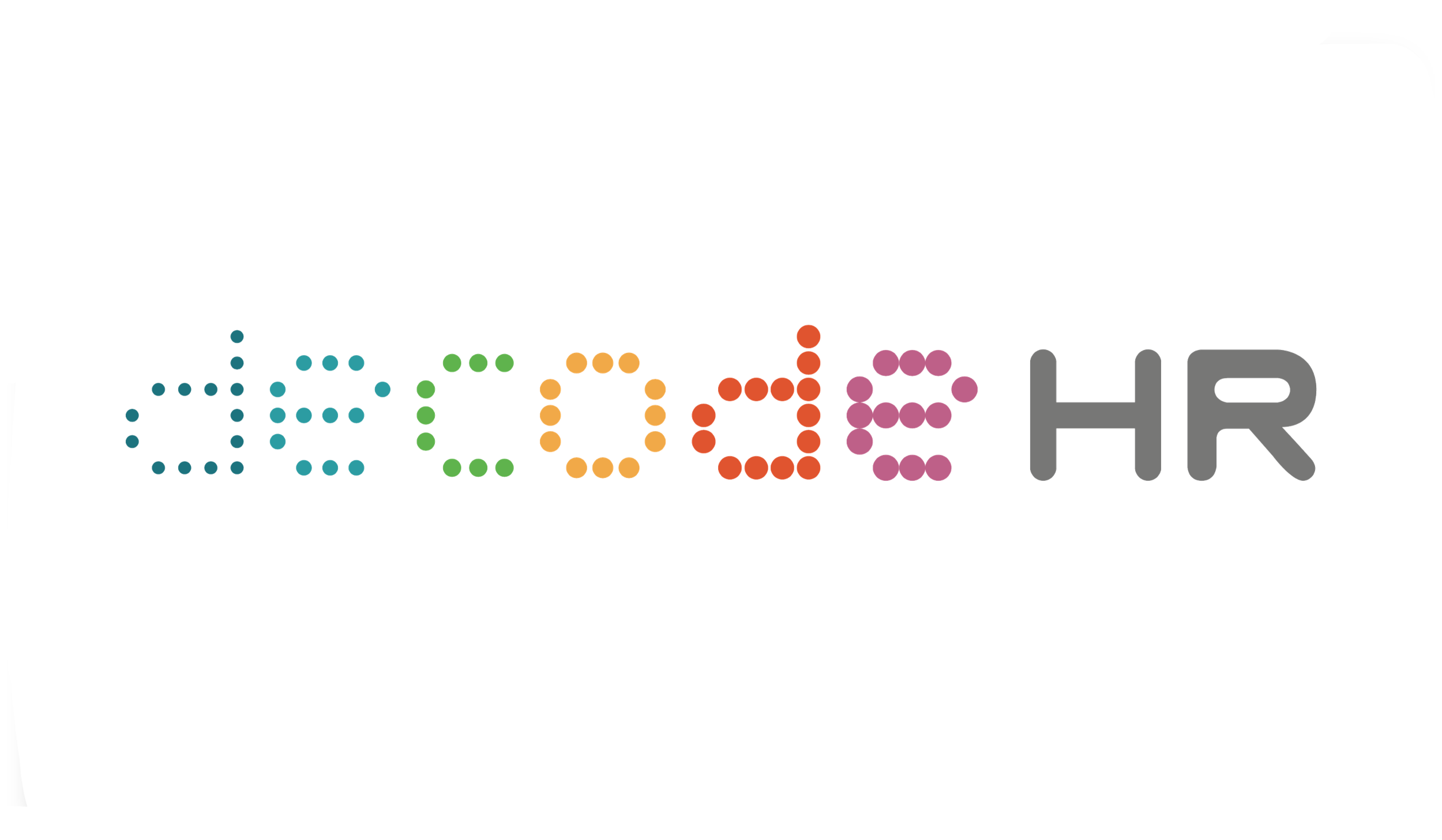Coaching: Do I Need It?
Reading time: 7 mins
Coaching brings a positive impact to your life. Are you facing any obstacles at the moment? Do you know what you are lacking to reach that goal? What are you doing to work on yourself today?
“If we keep holding onto yesterday, what are we going to be tomorrow?”
There are many different views to coaching but before one can decide to take on (or skip) an opportunity to be coached, one should understand what coaching actually does.
What is Coaching?
Coaching is a helping relationship engaged between a coach and individual(s) to assist in the learning and unlocking of the potential for improvement in personal development. This bridging relationship is where coachees enter to specifically aim to fulfil the goals they have for themselves. The coach provides tools, skills and opportunities needed to induce effectiveness for the coachees, with the focal point on interpersonal and intrapersonal matters, bringing them from one goal to another. Coaching is not to be misunderstood about being taught by another on an expertise. Rather, it serves to focus and lead an individual’s mindset towards their own answer to a problem or set goal.
What are the benefits of coaching?
As Kathryn Harwell-Kee quotes: “Reflection is the ‘magic dust’ for improvement”. Coaching brings the individual to engage in a safe place to face obstacles, reflecting and improving alongst in his journey to establishing goals. This personal awareness through reflection and growth makes it possible for small steps towards each goal and the chance to ultimately reach one’s destination.
What are the different approaches to coaching?
There are many factors that individuals look out for in coaching. They must first consider what they need. It can be gaining confidence, career guidance or even an improvement to his/her sleep cycle. The following lists out the types of coaching and their focus:
Leadership Coaching
Coaching in this form would usually revolve around emotional intelligence. Soft skills are crucial to leadership and the coach would prospect on what strengths the coachee has and on any areas where improvement is required to help the coachee improve on or gain leadership skills. This approach would help define a vision for oneself as a leader as one works towards one’s goals.
Career Coaching
Looking for career guidance? Career coaches help to identify personal interests, goals, strengths, and more importantly, passion. One needs to find a career which would bring the most fulfilment to define the suitability between the job and the person. This approach would seek out the best fit in each work setting to bring out the best of that individual for swift career development.Life Coaching
This form of coaching is most applicable to individuals who are seeking better satisfaction in life. Coaches question individuals on what visions or dreams they have in life, looking out for their values, purpose and ambitions. The subsequent step would be to prompt them to act, and to take a step closer towards their goals. This approach would create a space for coachees to reflect on themselves as they seek answers to their lives.Wellness Coaching
Wellness is a generalised term where many things are applicable – lifestyle, job satisfaction, career success. Coachees find the motivation to attain their personal goals, physically and emotionally, through wellness coaching. These goals could simply be a reduction of stress, having a better diet or a better body clock. This approach of coaching helps individuals find out how to improve themselves, helping them make better choices.
Resilience Coaching
The word ‘resilience’ is defined by psychologists as the process of being able to adapt well in the face of adversity. This form of coaching is closely associated with wellness coaching as the goal is to prioritise health and well-being. The focus, however, would be on the positivity in mindsets of individuals. Coachees who have achieved certain set goals would be more confident to move forward, and onto another goal. This approach utilises this confidence in individuals to build up other areas in life, allowing them to concentrate and deal with stress despite the challenges.
What kind of coaching do I need?
Our team always considers physical and mental wellbeing as two of the more important components to productivity within an organisation. As such, the form of coaching that you undertake should target a specific area of improvement. What are you looking towards in improving yourself? Leadership skills? Career paths? Or simply a direction in life? Coaching is there to aid your train of thought and help the individual arrive at a conclusion.
DecodeHR offers you experienced coaches to guide you in your work and personal life. Sign up for coaching with our coaching vouchers today!
This Christmas, our dcHR.tech store brings you the timeless gift of coaching! Use this discount code ‘XMAS10’ to get 10% off your Coaching Gift Voucher! Grab this opportunity to gift your loved ones as well!
Literature:
Jones, R., Woods, S. and Guillaume, Y., (2015). The effectiveness of workplace coaching: A meta-analysis of learning and performance outcomes from coaching. Journal of Occupational and Organizational Psychology, 89(2), 249-277. http://dx.doi.org/10.1111/joop.12119
Harwell-Kee, Kathryn.The Learning Professional; Oxford Vol. 40, Iss. 4, (Aug 2019): 66-67.
WHAT TO READ NEXT:
COPYRIGHT © 2020 DECODE HR PTE LTD. ALL RIGHTS RESERVED






